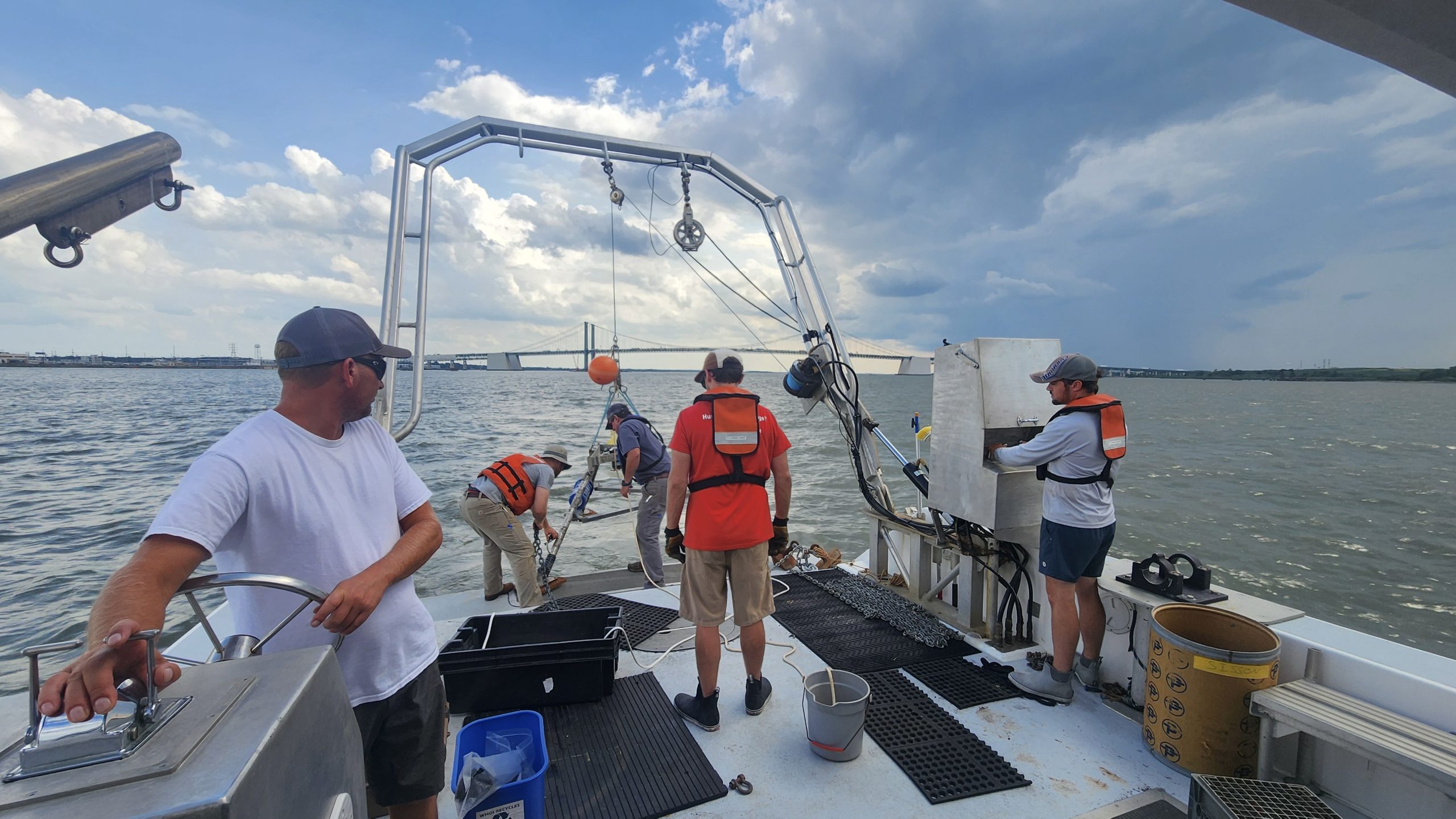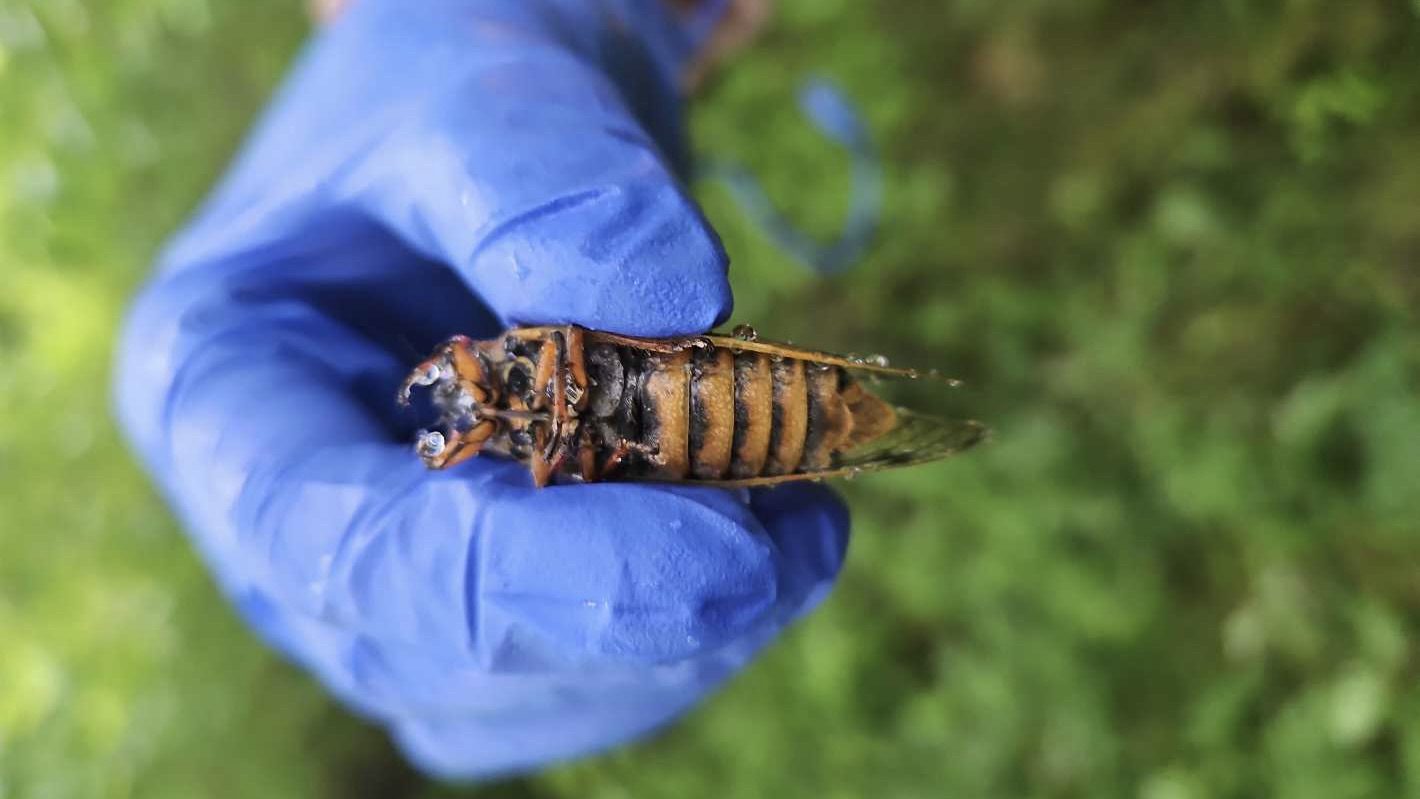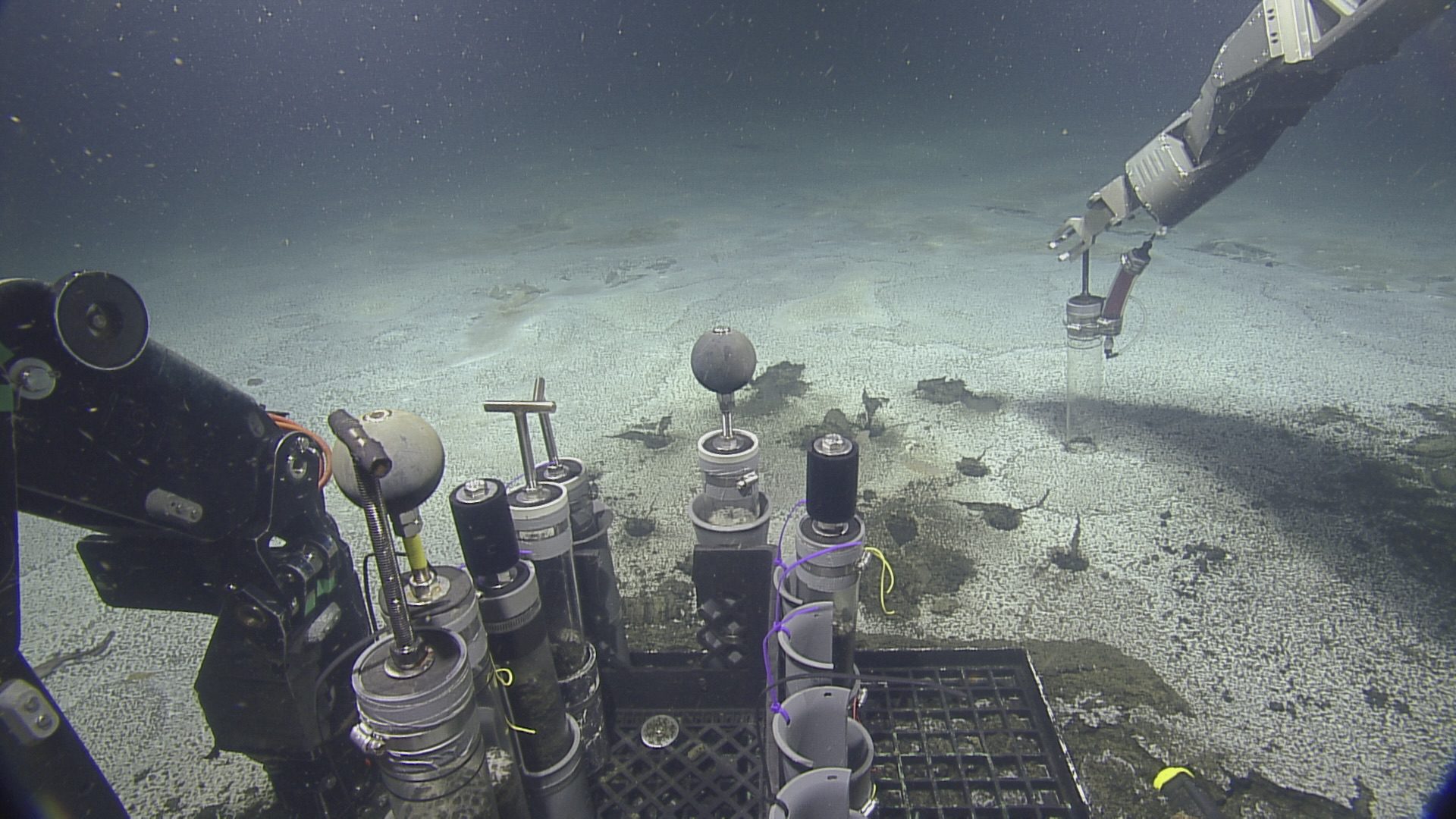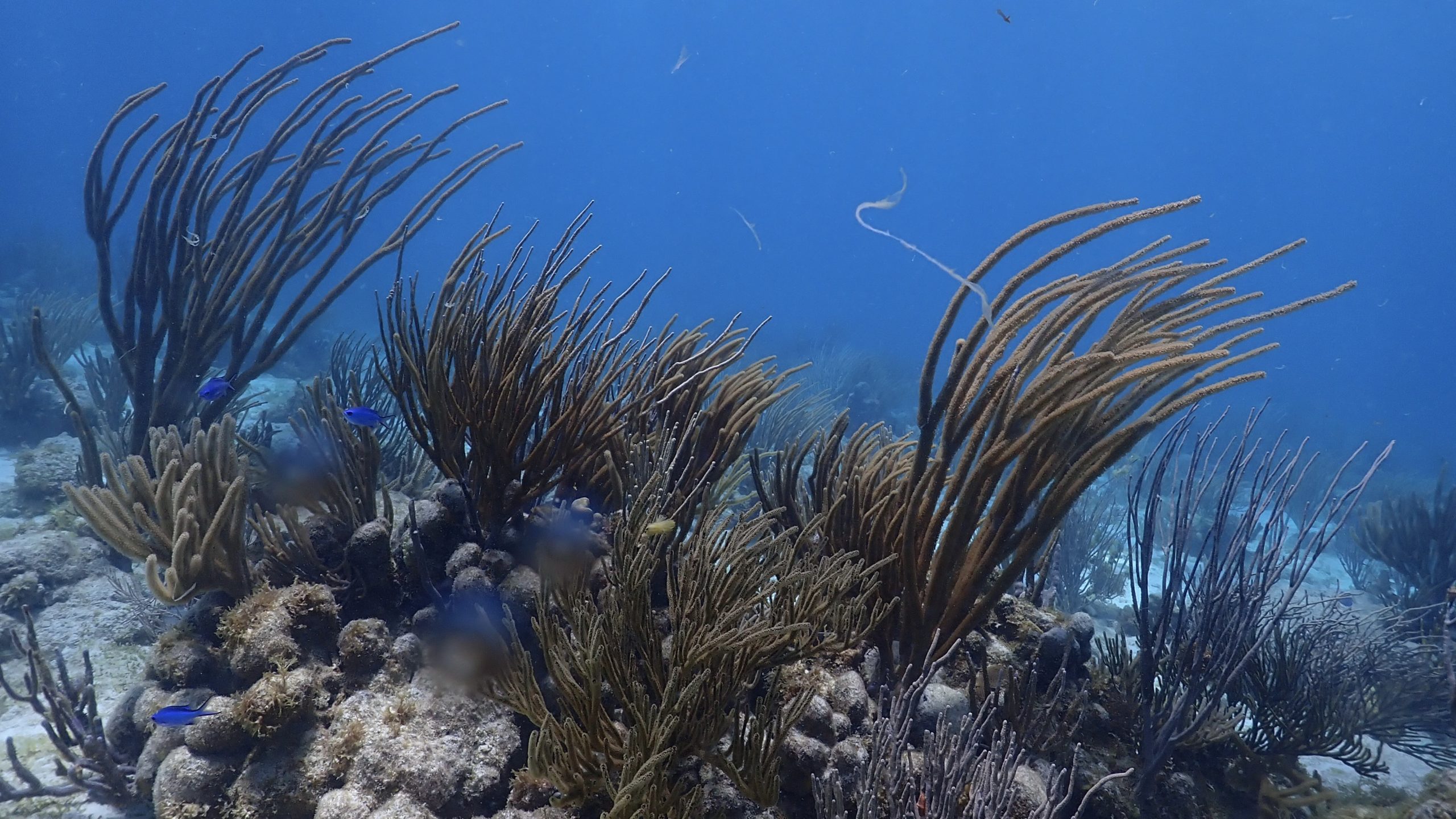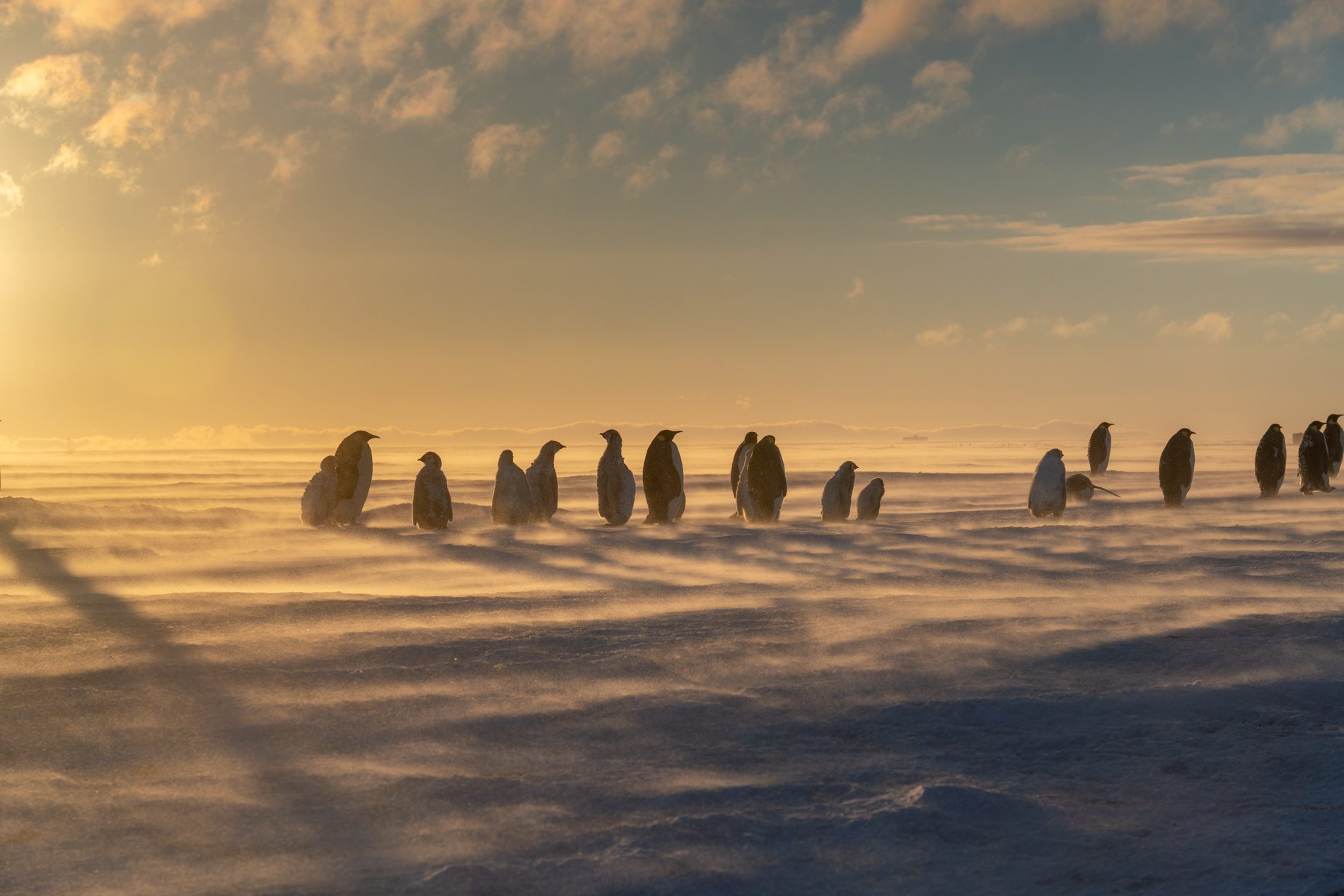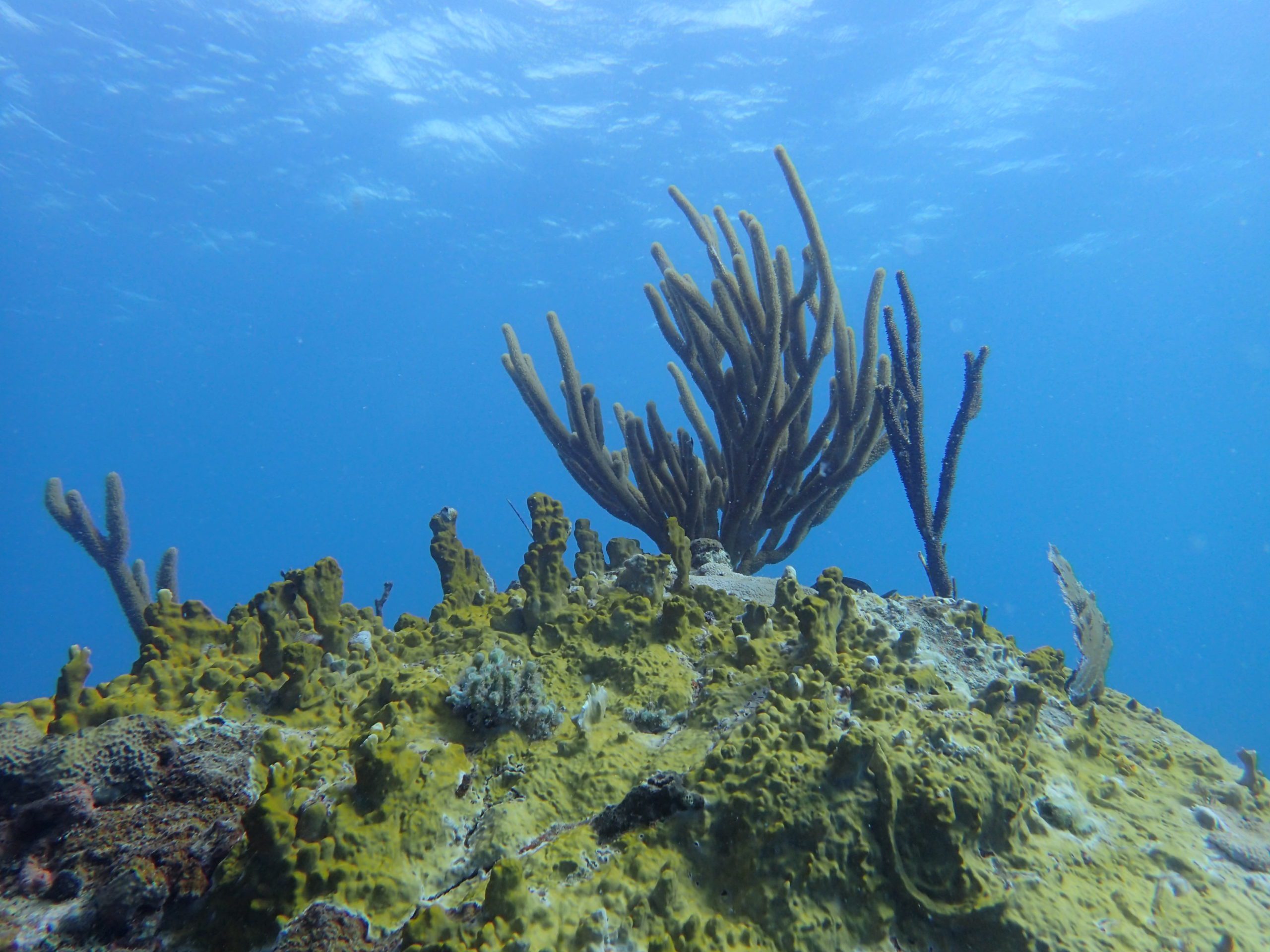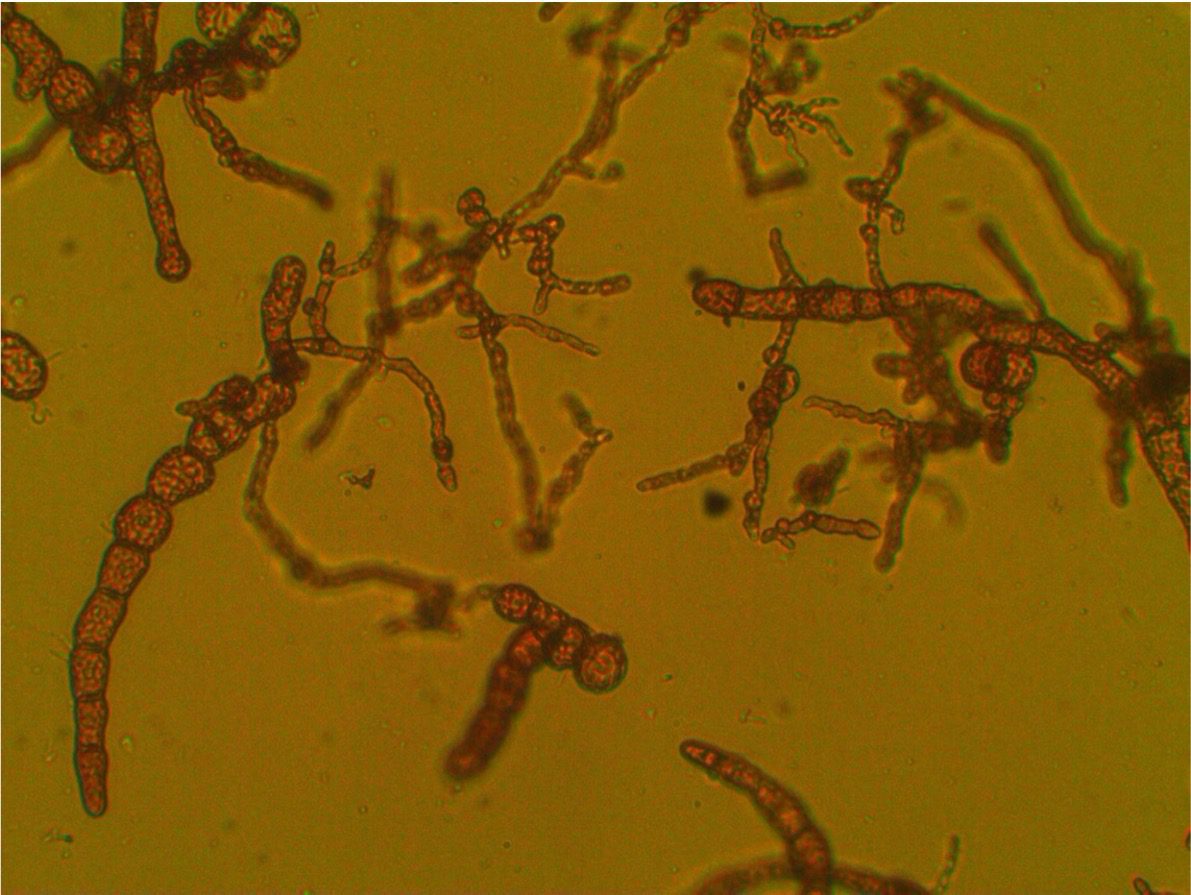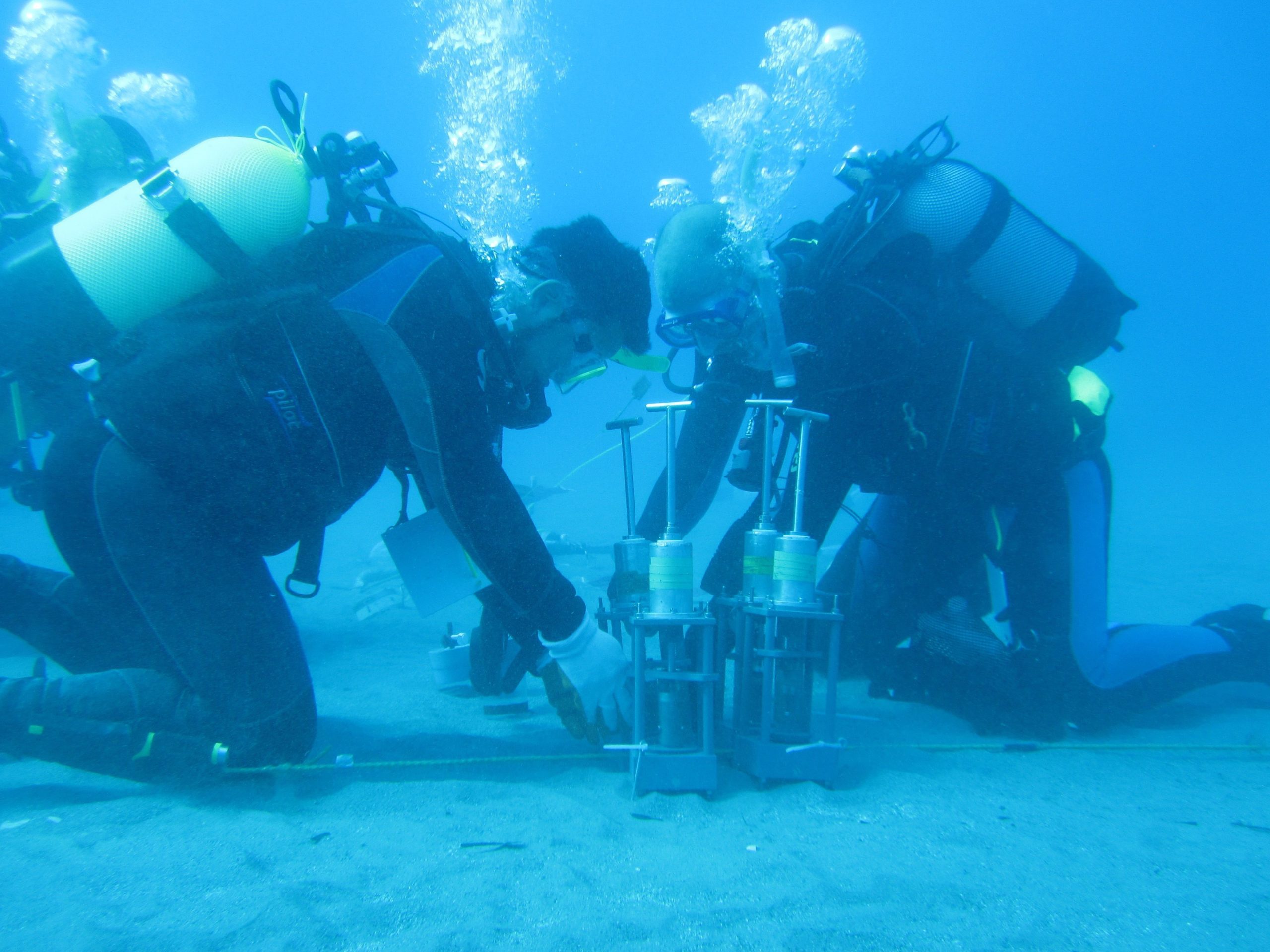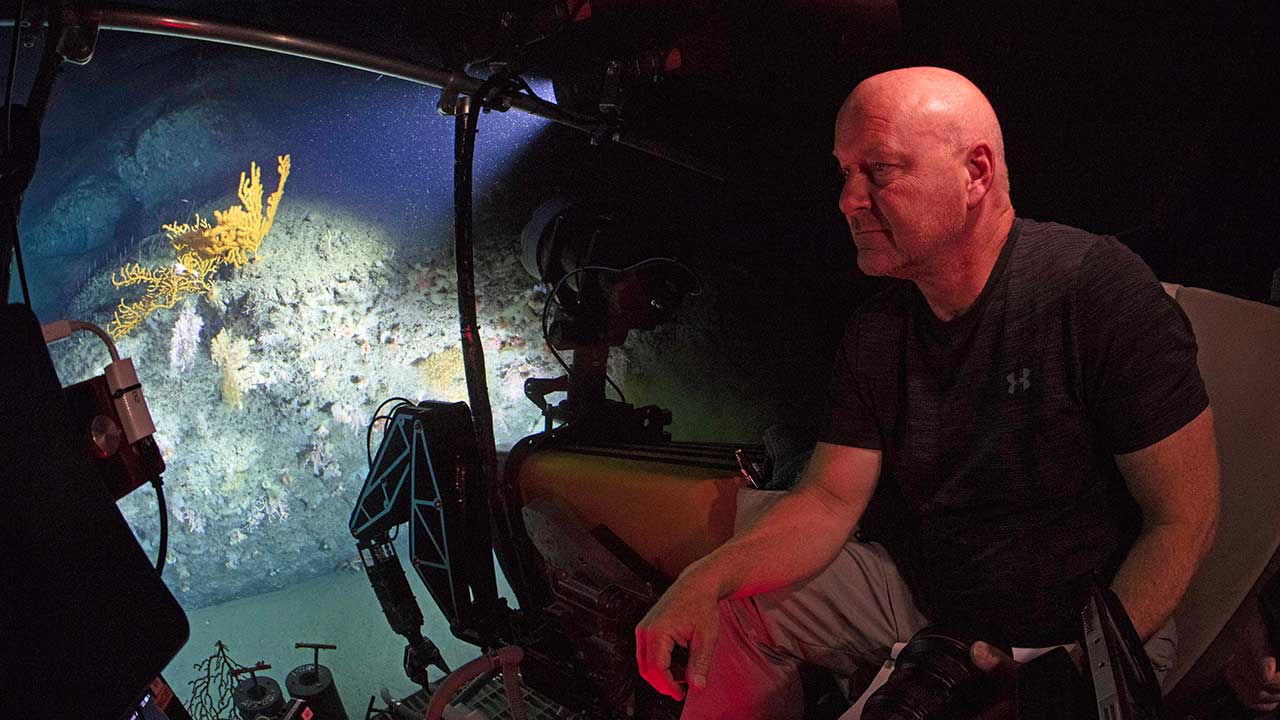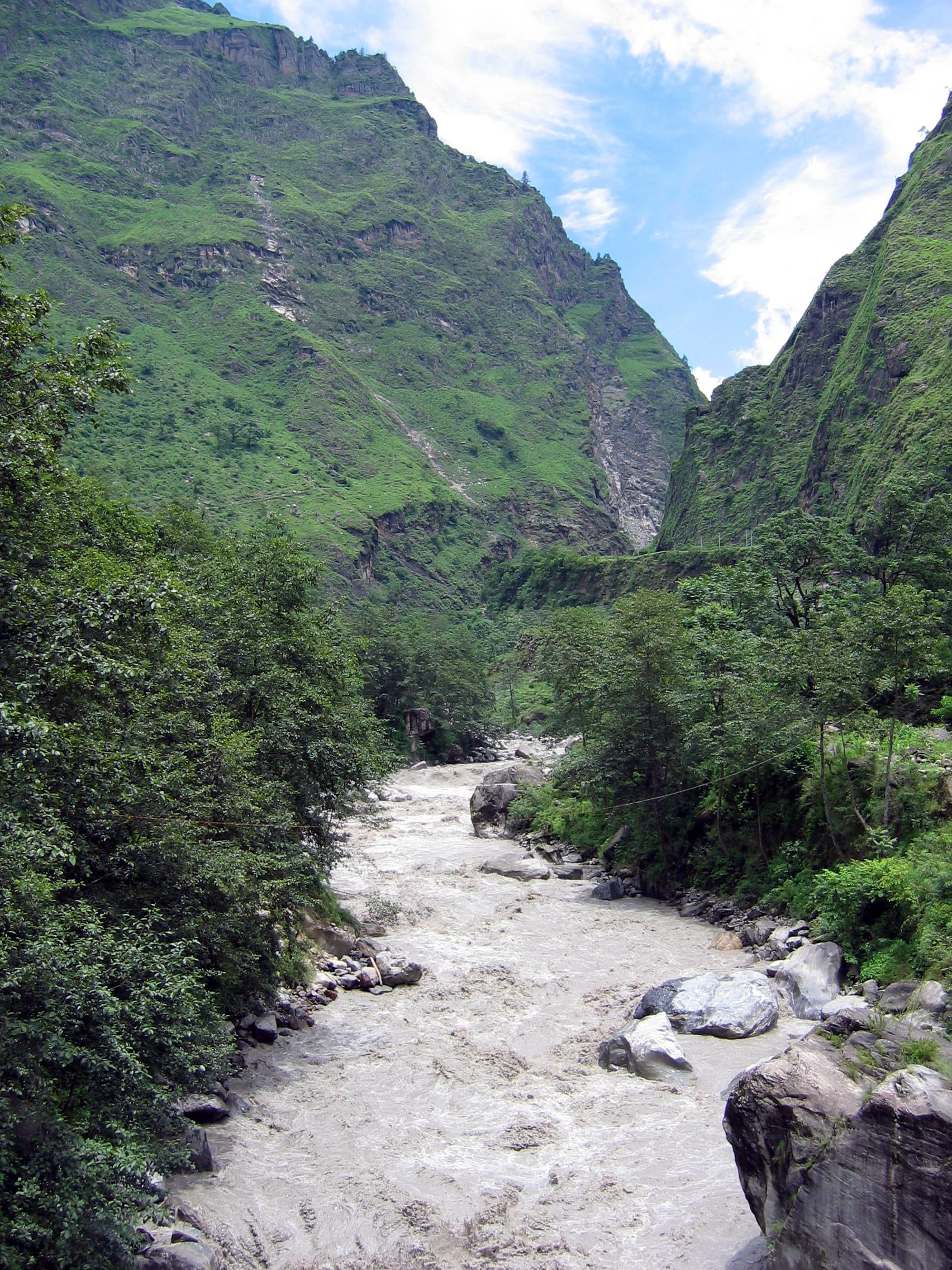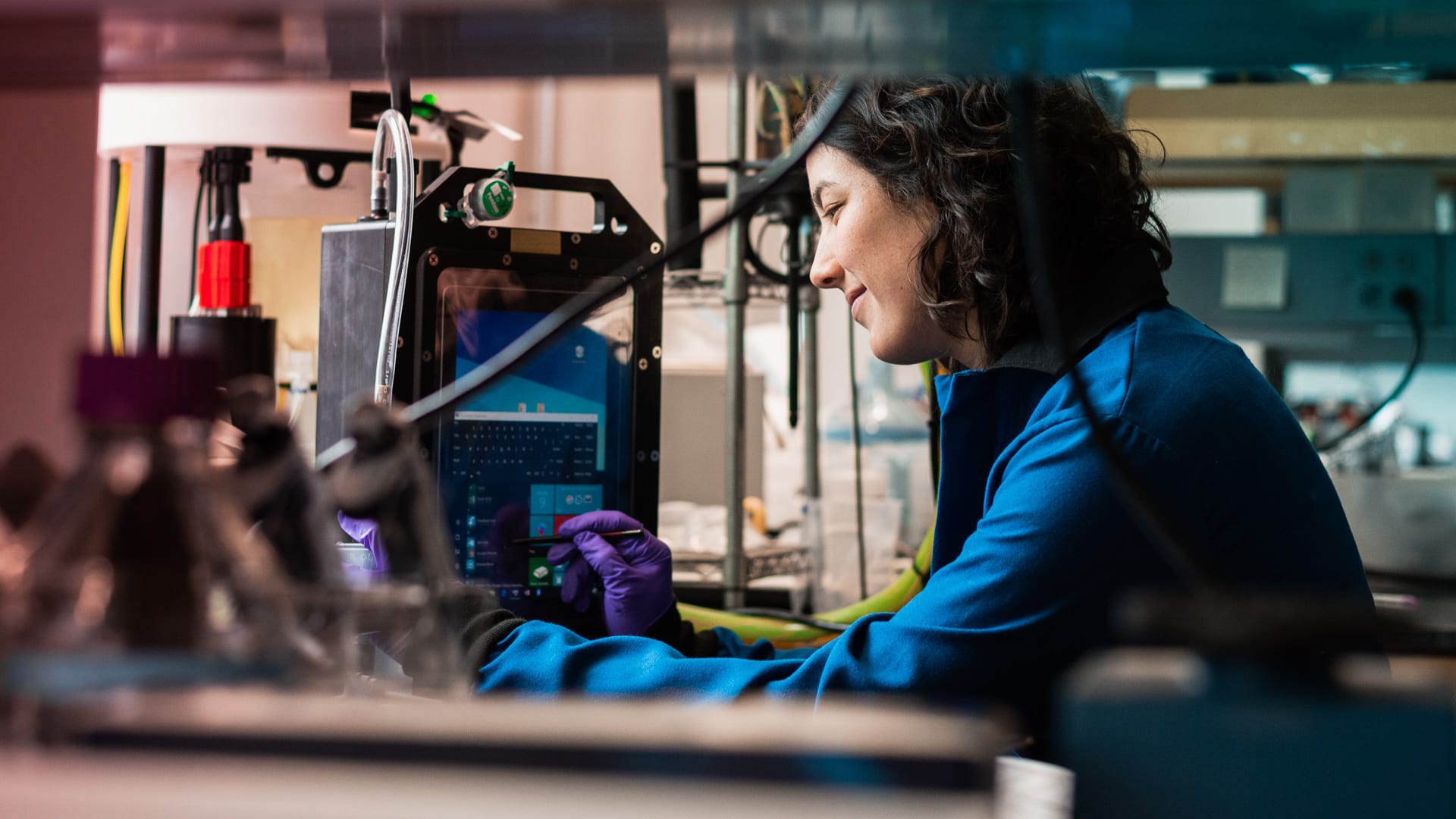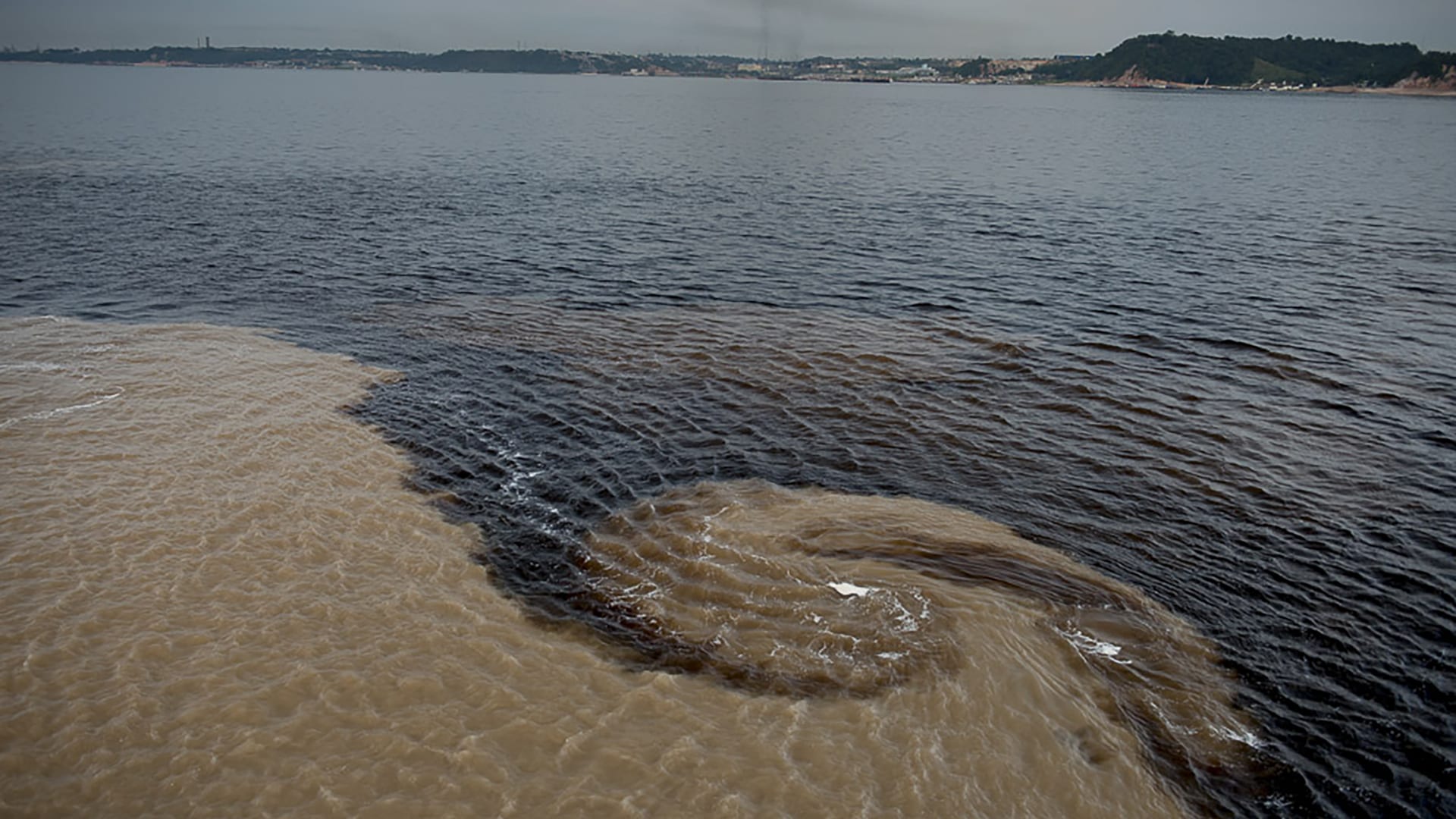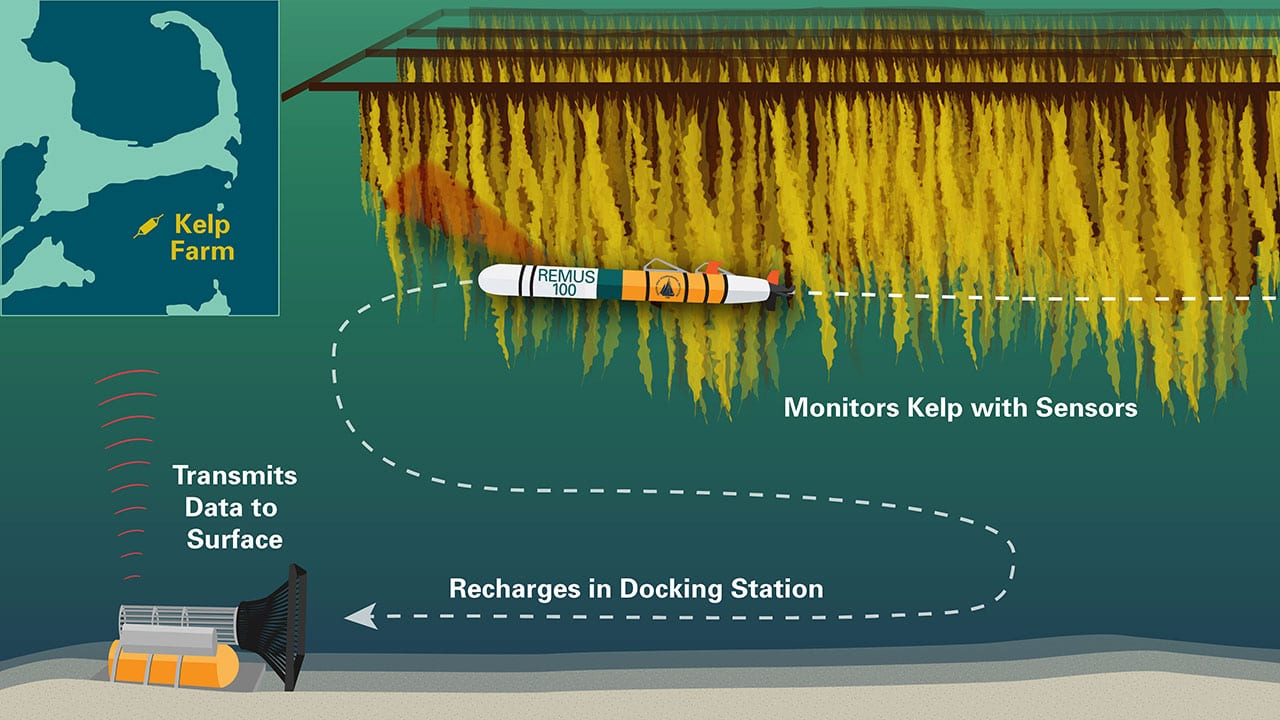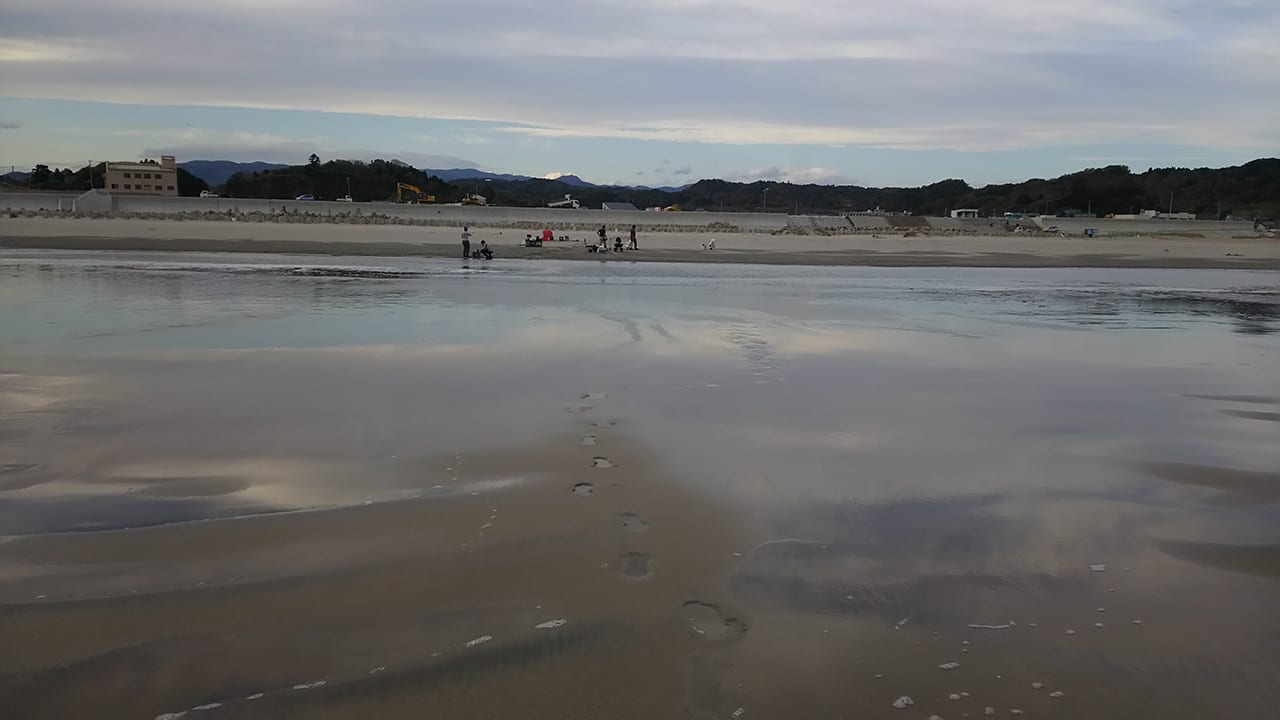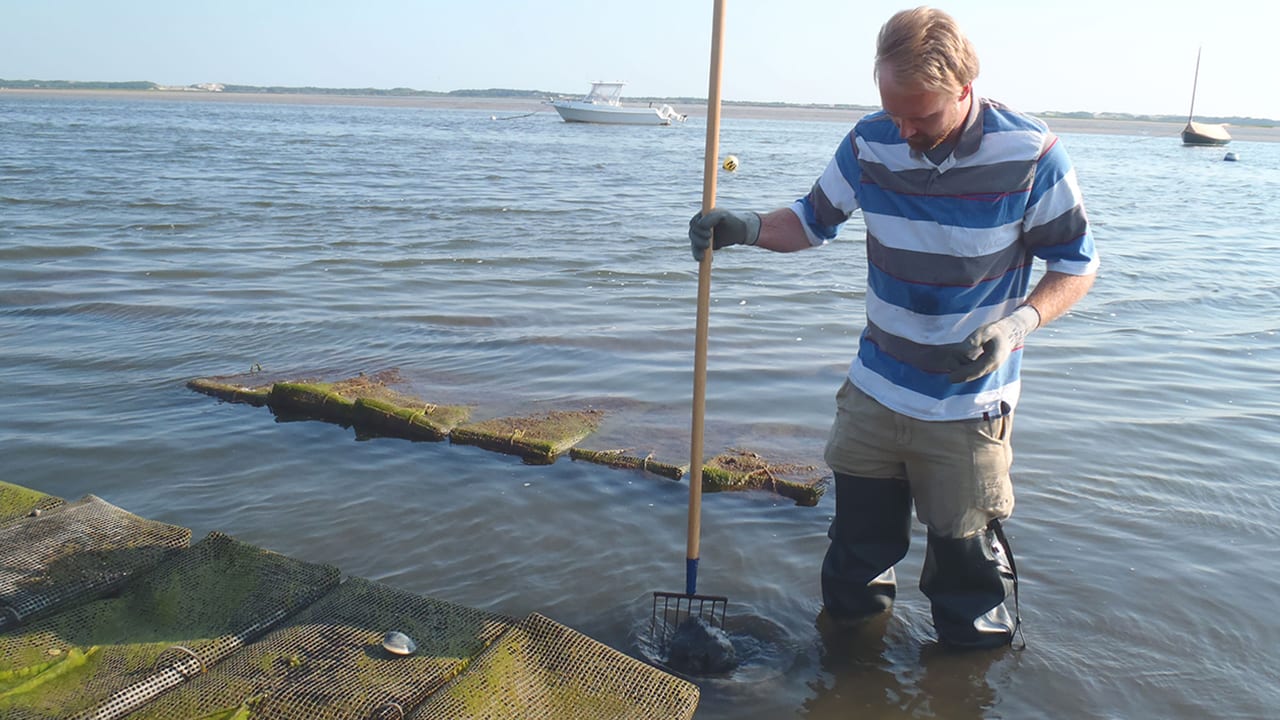News Releases
Jellyfish-Like Creatures May Play Major Role in Fate of Carbon Dioxide in the Ocean
Transparent jellyfish-like creatures known as salps, considered by many a low member in the ocean food web, may be more important to the fate of the greenhouse gas carbon dioxide…
Read MoreTropical Plants Help Identify Lags Between Abrupt Climate and Vegetation Shifts in Different Parts of the World
Clues to the timing and cause of abrupt climate changes in the past may lie in ocean floor sediments, according to a study by scientists at Woods Hole Oceanographic Institution (WHOI).
Read MoreEffects of Ocean Fertilization with Iron To Remove Carbon Dioxide from the Atmosphere Reported
Dumping iron in the ocean is known to spur the growth of plankton that remove carbon dioxide, a greenhouse gas, from the atmosphere, but a new study indicates iron fertilization may not be the quick fix to climate problems that some had hoped.
Read MoreWill Ocean Fertilization To Remove Carbon Dioxide from the Atmosphere Work?
Reducing atmospheric carbon dioxide, a greenhouse gas linked to global warming, by fertilizing the oceans with iron may not be as attractive a solution as once thought according to a report in Science magazine.
Read MoreNewly Discovered Fat Molecule: An Undersea Killer with an Upside
A chemical culprit responsible for the rapid, mysterious death of phytoplankton in the North Atlantic Ocean has been found by collaborating scientists at Rutgers University and the Woods Hole Oceanographic…
Read MoreNew paper reveals global threat of salt contamination to water supplies in tidal rivers, threatening critical infrastructure
Researchers make urgent call for convergent interdisciplinary research to combat worsening crisis
Read MoreResearch almost two decades in the making: What can cicadas tell us about the Earth’s metals?
Billions of cicadas will be emerging on Cape Cod, and other parts of the country in late May or early June.
Read MoreNew study provides insight into how some species thrive in dark, oxygen-free environments
New research on single-celled organisms sheds light on deep-sea energy sources
Read MoreWHOI Scientists ‘read’ the messages in chemical clues left by coral reef inhabitants
What species live in this coral reef, and are they healthy? Chemical clues emitted by marine organisms might hold that information
Read MoreCollaboration to monitor sea, weather, and wildlife
The U.S. DOE, WHOI, and partners to collect data near an East Coast offshore wind site
Read MoreEmperor penguins granted protections under Endangered Species Act
Woods Hole Oceanographic Institution among research groups that offer key findings to support federal protection of species, increasingly under siege by climate change
Read MoreStudy Examines the Impact of Coral Chemical Compounds on Reef Composition and Health
The study found that the organic chemical compounds produced through metabolism —known as metabolites or exudates—vary significantly by coral species and that the compounds impact the abundances and compositions of reef microorganisms differently.
Read MoreInnovative, new “road map” for kelp crop improvement
Woods Hole Oceanographic Institution (WHOI), the University of Connecticut, and Bigelow Laboratory for Ocean Sciences have executed a license agreement for a kelp germplasm, or collection of microscopic cells called gametophytes, containing more than 1,200 samples all developed and isolated by WHOI and UConn-led teams. Bigelow Laboratory’s National Center for Marine Algae and Microbiota plans to maintain, market, and distribute the germplasm collection for broad use.
Read MoreFluid Flow Stimulates Chemosynthesis in a Greek Salad of Hydrothermal Microbes
A new study uses an innovative approach to examine the bay’s shallow-water hydrothermal system and the production of microbes there in situ and near natural conditions as a model to assess the importance of hydrothermal fluid circulation on chemosynthesis.
Read MoreEarth BioGenome Project begins genome sequencing in earnest
The Deep-Ocean Genomes Project is an ambitious effort co-led by WHOI and the University of Connecticut (UConn) to obtain fundamental new knowledge of the organization, evolution, functions, and interactions of life in one of Earth’s least-understood regions: the deep ocean.
Read MoreWHOI Elects New Trustee and Board Officers, and New Corporation Members
In October, the Board of Trustees of Woods Hole Oceanographic Institution (WHOI) welcomed one new Board Member and named two new officers, as well as ten new Corporation Members
Read MoreClimate Change Can Destabilize the Global Soil Carbon Reservoir, New Study Finds
The vast reservoir of carbon that is stored in soils probably is more sensitive to destabilization from climate change than has previously been assumed, according to a new study by…
Read MoreWHOI-engineered DISCO allows scientists to measure highly reactive superoxide on coral reefs
WHOI researchers successfully conceived and tested a portable device, DISCO, that performed the first in situ measurements of a highly reactive type of oxygen, known as superoxide, which may play an integral role in the health of coral reefs.
Read MoreOrganic Carbon Hides in Sediments, Keeping Oxygen in Atmosphere
A new study from researchers at the Woods Hole Oceanographic Institution (WHOI) and Harvard University may help settle a long-standing question—how small amounts of organic carbon become locked away in…
Read MoreFueling the Future
WHOI was awarded $5.7 million from ARPA-E’s Macroalgae Research Inspiring Novel Energy Resources (MARINER) Program for two projects that develop tools and technology to advance the mass production of seaweed for biofuels and bio-based chemicals.
Read MoreScientists Find New Source of Radioactivity from Fukushima Disaster
Scientists have found a previously unsuspected place where radioactive material from the Fukushima Dai-ichi nuclear power plant disaster has accumulated’in sands and brackish groundwater beneath beaches up to 60 miles away. The sands took up and retained radioactive cesium originating from the disaster in 2011 and have been slowly releasing it back to the ocean.
Read MoreStudy Provides Measurement of Nitrogen Removal by Local Shellfish
A new study by Woods Hole Sea Grant, Cape Cod Cooperative Extension, and the Mashpee Department of Natural Resources provides the first comprehensive measurement of nitrogen removed by shellfish harvested from waters off Cape Cod.
Read More
